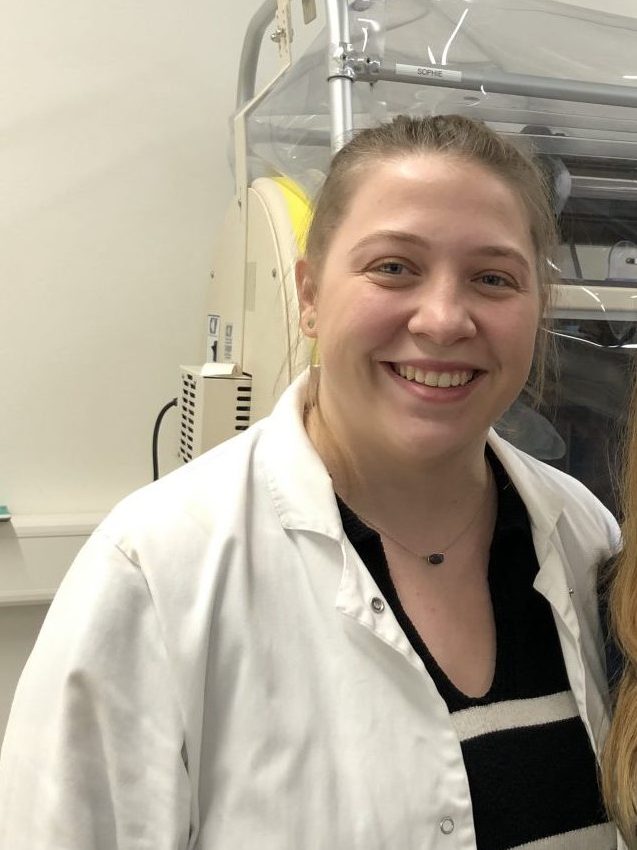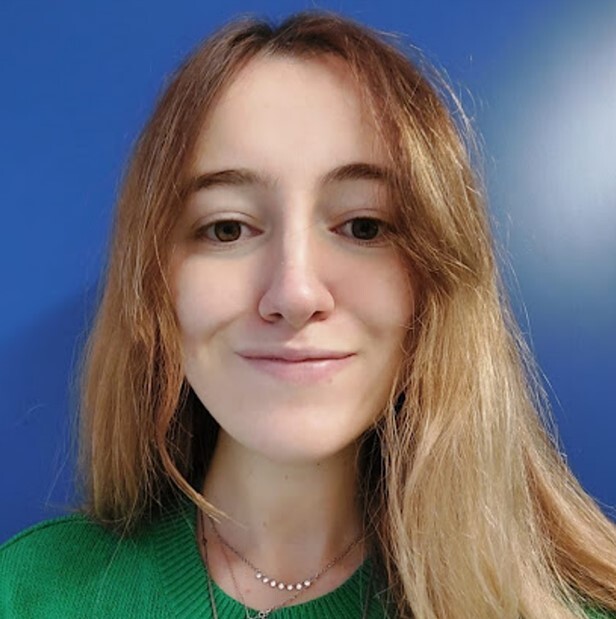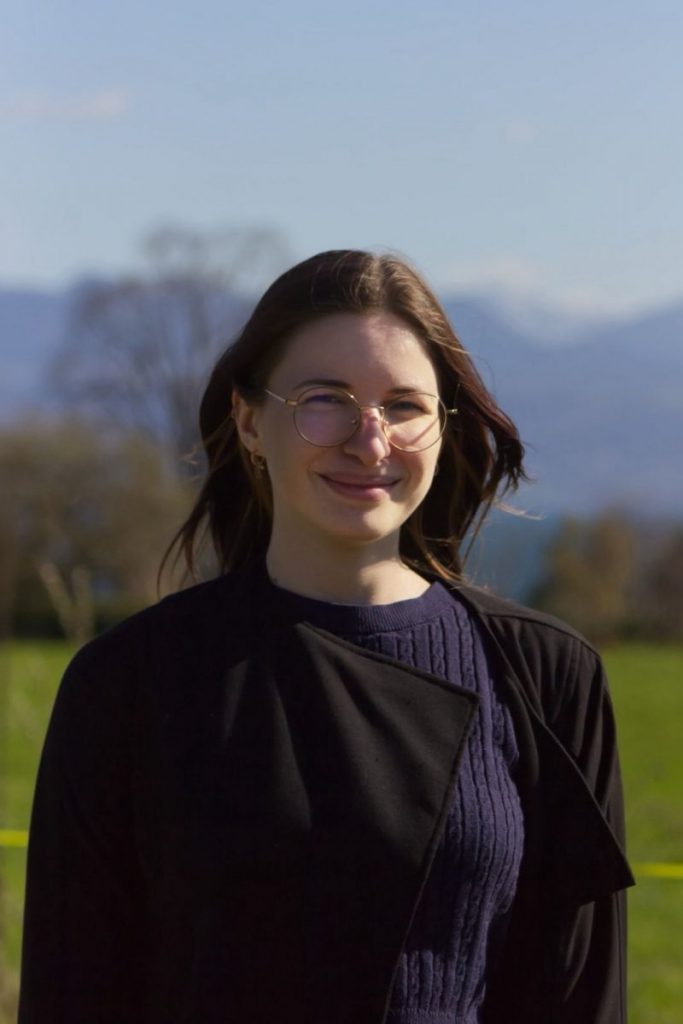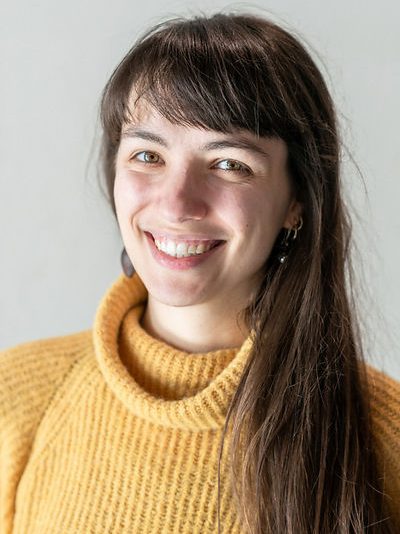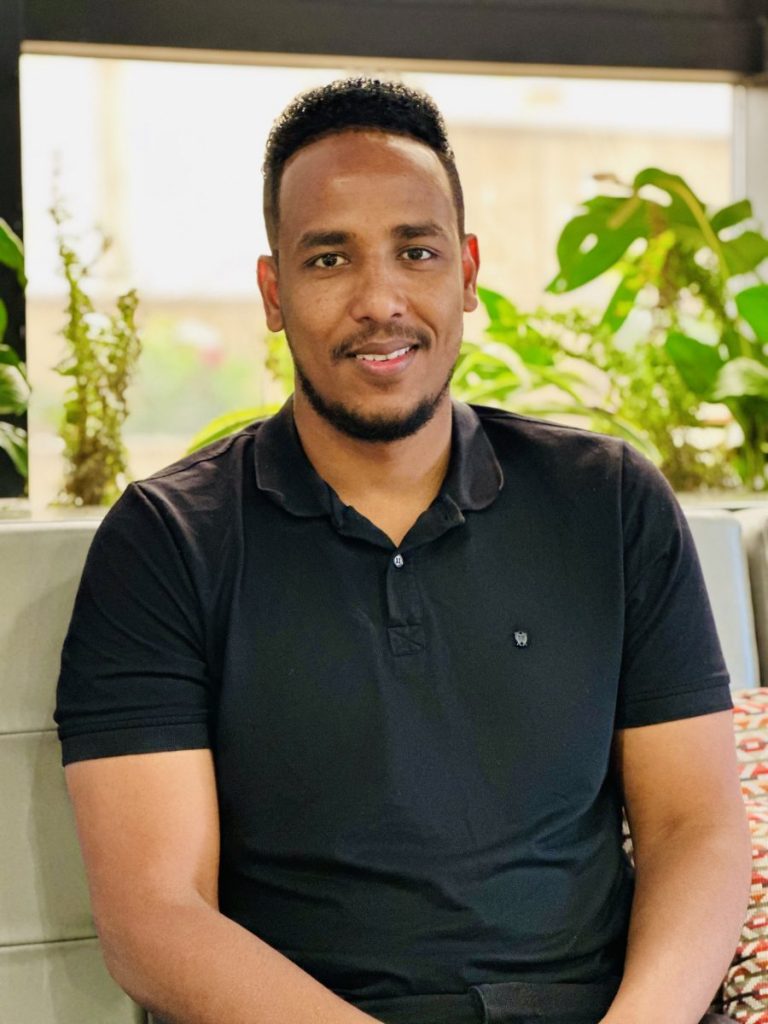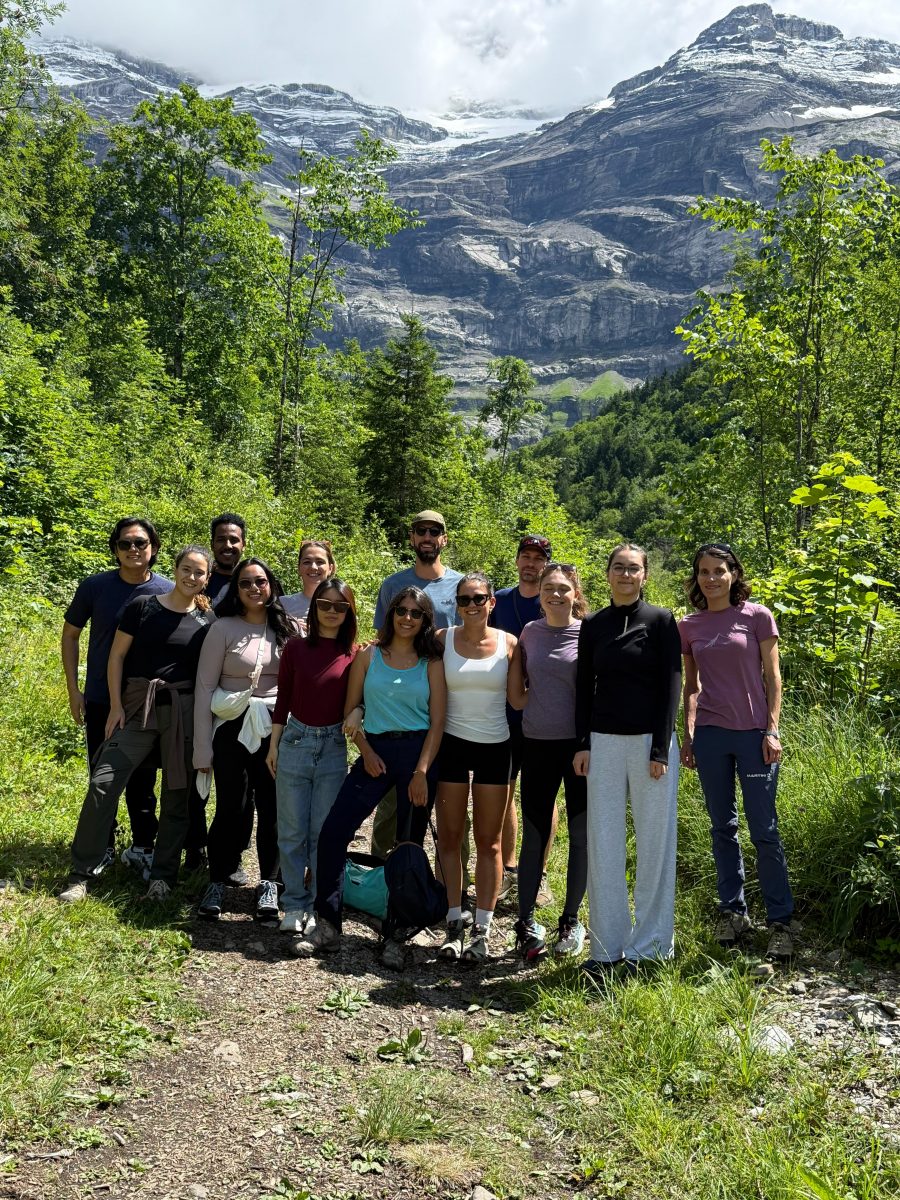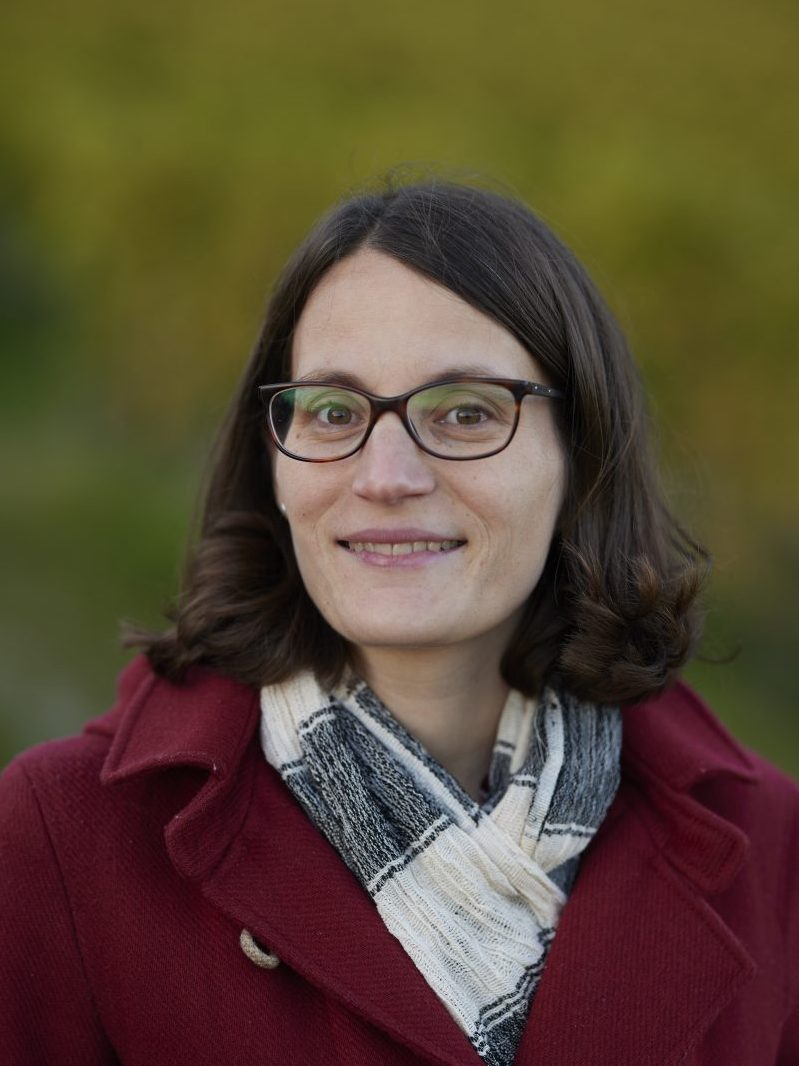
Pascale Vonaesch, MSc, MPH, PhD is a microbiologist/ infection biologist with a strong interest in public health. She has extensively worked on host-pathogen interactions, especially the interplay between enteric pathogens and the host and spent the last eight years trying to disentangle the complex interplay between nutrition, the microbiota, infection and systemic, pathophysiological changes in the (human) host both, in clinical studies and laboratory experiments. She earned her PhD at ETH in Zürich and worked subsequently for six years at the Institut Pasteur in Paris collaborating closely with the Institut Pasteur de Madagascar and the Institut Pasteur de Bangui and the University of British Columbia. Before joining the DMF in 2021, she set-up her own group at the Swiss TPH. Beside work, she likes mountaineering, travelling, baking and spending time with her family and friends.
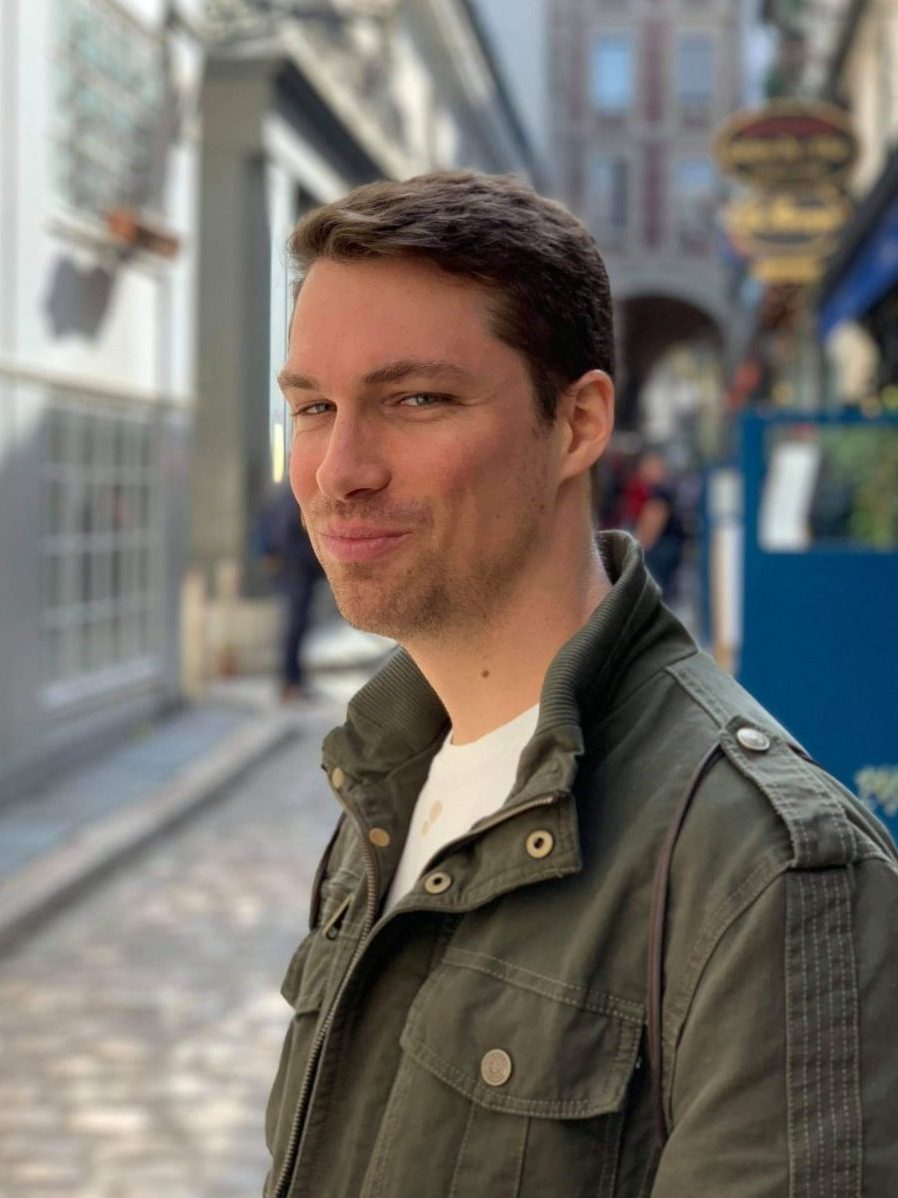
Julian Garneau, PhD, is a Canadian microbiologist and bioinformatician with a long-term interest in pathogenic bacteria infecting humans, especially those resistant to antibiotics. During his master, he studied how genomic diversity can influence Clostridioides difficile’s dissemination, virulence, resistance and clinical outcomes in patients. Throughout his PhD completed at the Université de Sherbrooke in Canada, he spent most of his time investigating how temperate bacteriophages can modulate bacterial fitness and virulence. In Vonaesch’s lab, he aims to better understand how different health-promoting compounds and bacteria can be used to reduce the deleterious impacts of childhood undernutrition in poor regions of the world. Julian’s favorites activities include running, hiking, watching and playing hockey. He also loves to read a good book beside the chimney fire and spend time with his loved ones.
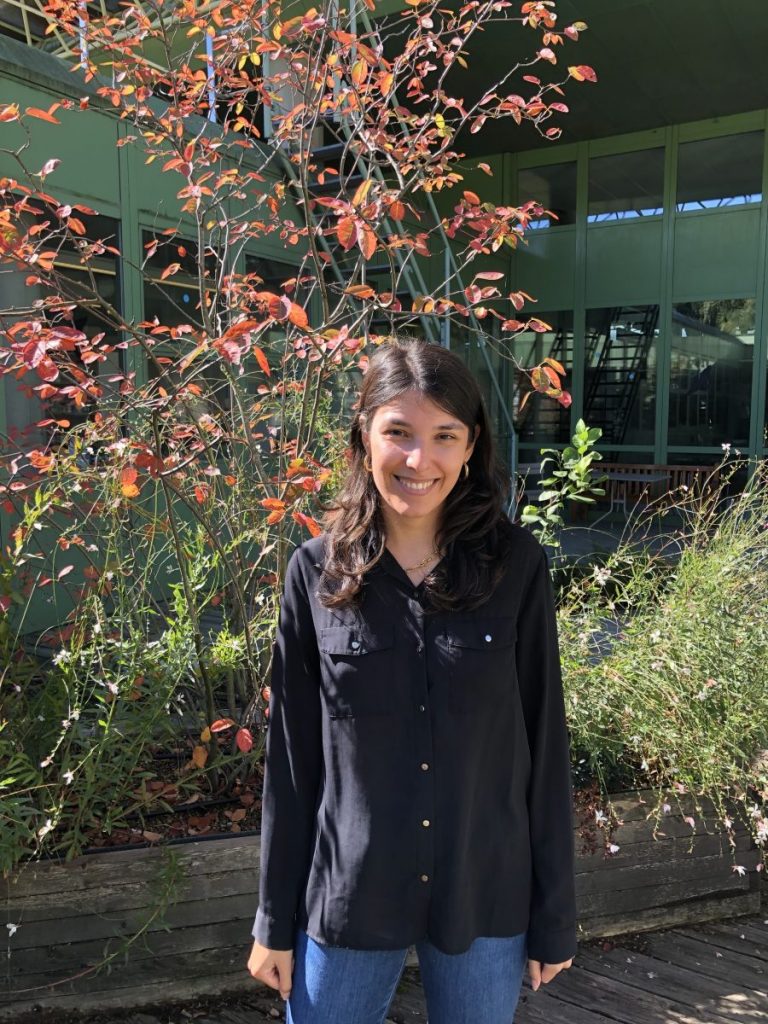
Naika Prince, is a biomedical scientist with a keen interest in how gut microbes shape host physiology and brain development. During her PhD at Utrecht University in the Netherlands, she investigated the role of gut microbiota in the gut-brain axis, focusing on its implications in autism spectrum disorder. Now a postdoctoral researcher in the Vonaesch Lab, she is exploring how bacterial strain evolution influences host metabolism and cognitive development in mice exposed to dietary challenges such as high-fat and undernutrition. Her research aims to uncover mechanisms at the intersection of microbial adaptation, nutrition, and neurodevelopment. Outside the lab, Naika enjoys hiking, dancing, exploring new cafés, or practicing yoga.
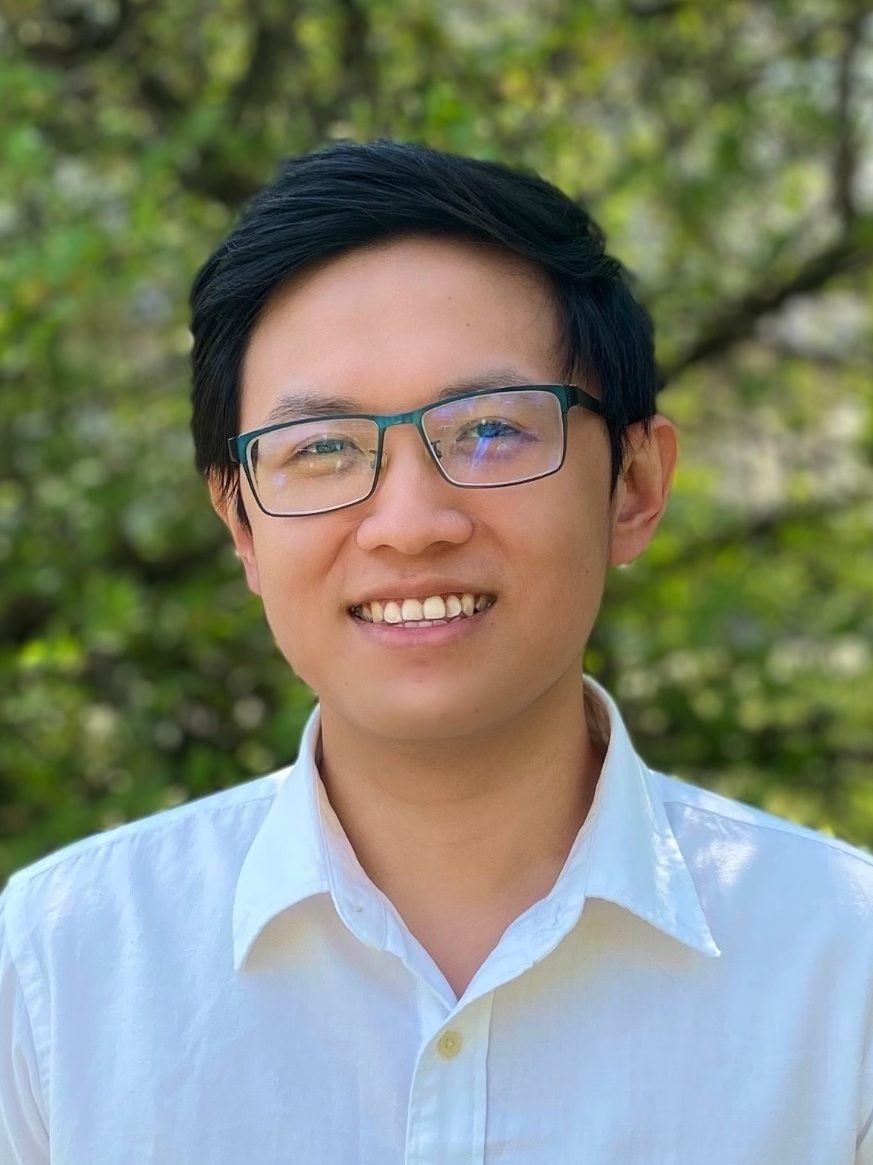
Youzheng Teo, (pronounced You Journ, like in Journey) obtained his MSc in Infection Biology at the Swiss Tropical and Public Health Institute. During his master’s, he worked on the investigation of mycolactone as a potential candidate for a toxoid-based vaccine against Mycobacterium ulcerans. His interest in host-microbe interactions led him to join the Vonaesch group in September 2021 as a research associate. During his spare time, he enjoys reading, hiking, cooking, spending time with family and friends and hopefully skiing/snowboarding one day.
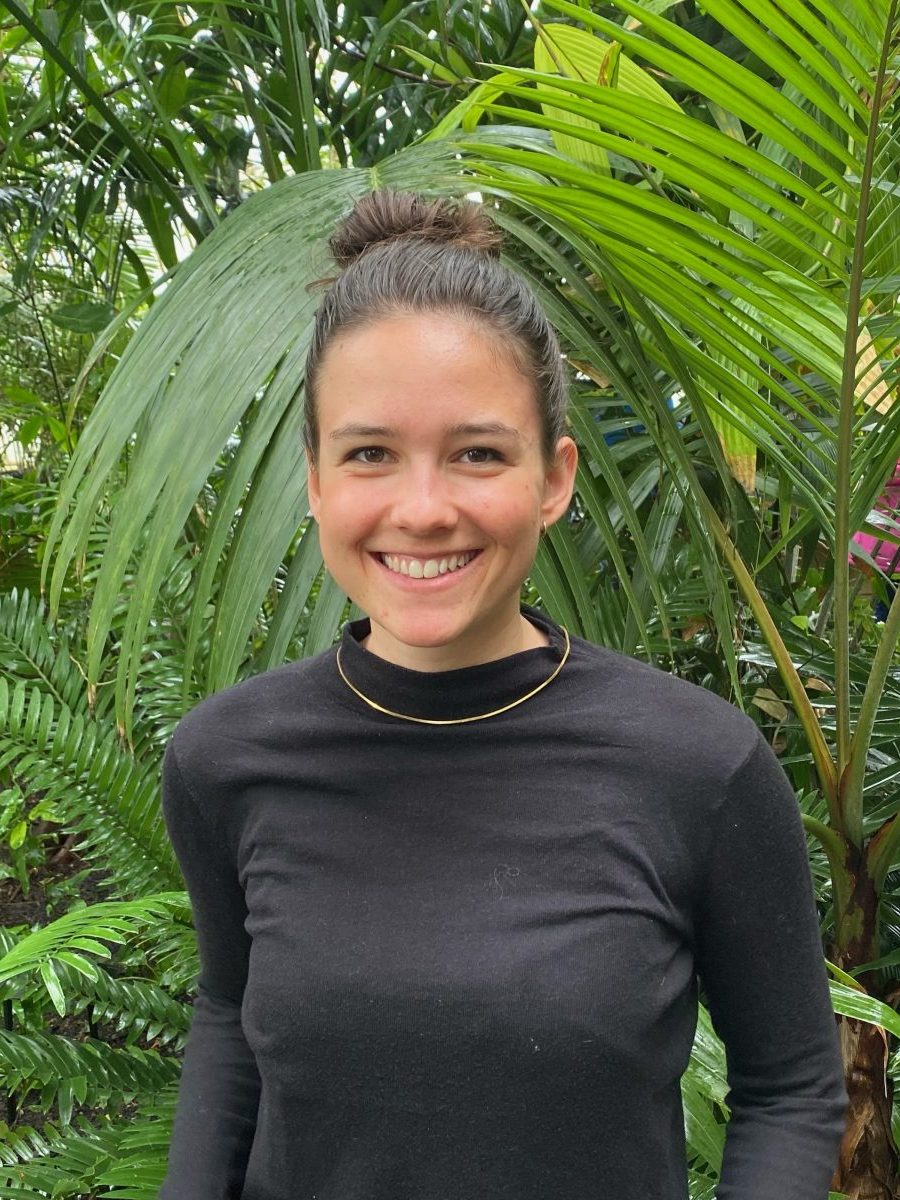
Margaux Crézé has been pursuing her PhD in the Vonaesch Lab since March 2022, where she investigates the dynamics of the gut microbiota early in life, particularly in the context of infant and maternal malnutrition, as part of the Viterbi Gut project in Laos. Together with Jeanne and Pascale, she set up the project and manages it on a day-to-day basis from Switzerland. She obtained her MSc in Medical Biology from the University of Lausanne, Switzerland, where her master’s research focused on the evolution of antibiotic resistance in bacterial communities involving both plant and human pathogens. Margaux’s research interests are deeply rooted in human microbiomes and host-microbe interactions, driving her commitment to understanding the intricate balance of health and disease.
Outside the lab, Margaux leads an active lifestyle, enjoying activities such as skiing, hiking, dancing, and traveling. She also cherishes spending quality time with friends and family, especially when it involves watching a sunset on a beach or from the top of a mountain.
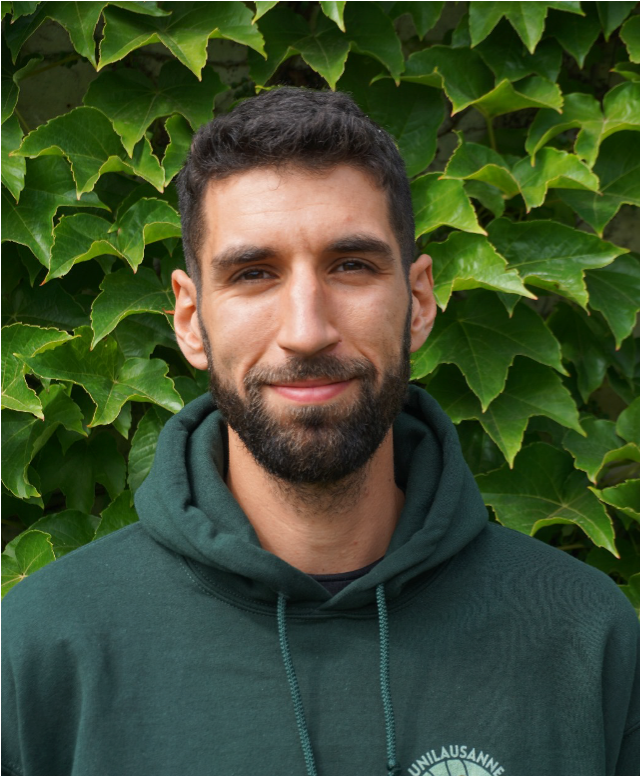
Simon Yersin started his PhD in the Vonaesch Lab in March 2022. He is investigating the microbiota composition and function of children with different nutritional status and lifestyles in the Pastobiome project in Ethiopia. Simon obtained his MSc in Industrial and Environmental Biotechnology at KTH in Sweden. He has a strong interest in the human gut microbiome, especially on microbiota-targeted interventions and effects of environmental factors and diet on the composition, development and function of the microbiome. In his spare time, he likes playing basketball, hiking, skiing, traveling and trail running.

Sarah is an Irish expat who earned her Master’s degree in Microbiology and Immunology at ETH Zürich. During her thesis, she explored the role of the Salmonella enterica serovar Typhimurium secretion systems in the generation of antibiotic persisters in vivo. Her great interest in the intricate interplay amongst microbiota, pathogens their host led her to join the Vonaesch lab in January 2022 for her PhD. Her work will focus on shedding light on the molecular mechanisms linking malnutrition and the development of metabolic syndromes. In particular, she will assess for a possible role of the very early life gut microbiome in metabolic changes as well as epigenetic imprinting in vivo. Outside of the lab, she enjoys travelling, hiking, sailing and socialising.
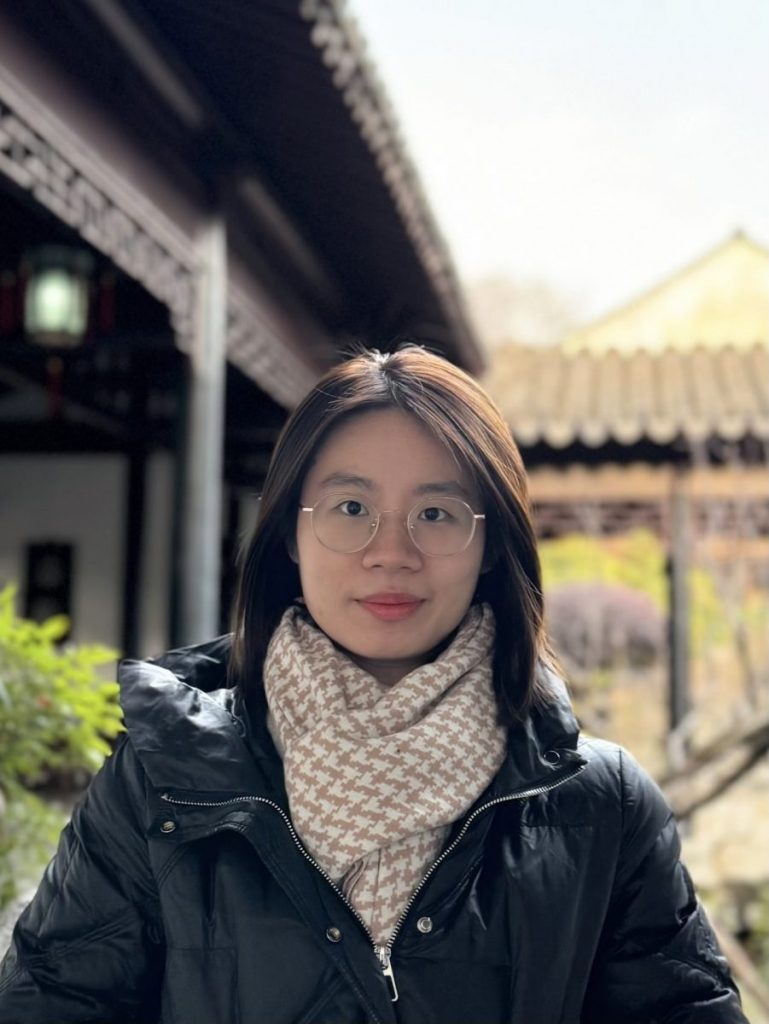
Xiaobing earned her Master’s degree in Nutrition and Health at ETH Zürich. During her thesis, she validated a novel cultivation medium for producing different enterotype gut microbiota in vitro for FMT. Her strong interest in the human gut microbiome and microbiota-host interactions drew her to join the Vonaesch lab at the DMF as a PhD student in October 2023. Her work will focus on small intestinal bacteria and stunting children.
Besides work, she enjoys traveling, cooking, reading, and spending time with her family and friends.
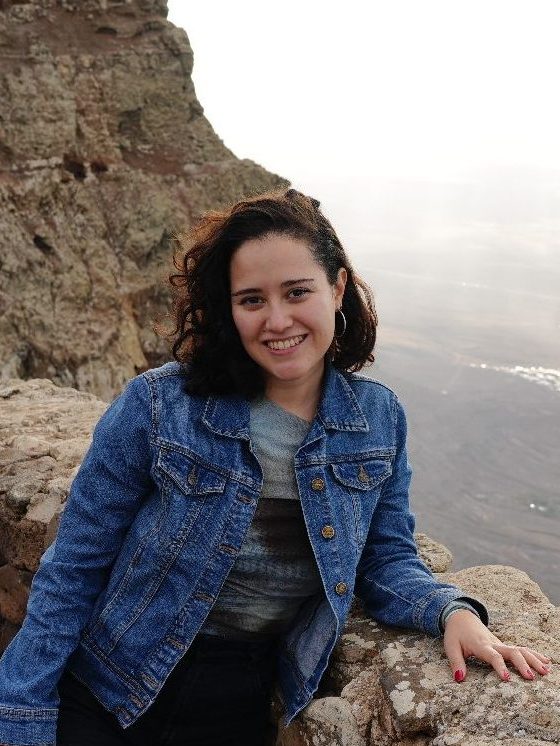
Sandra joined the Vonaesch Lab in August 2024 as a PhD student to focus on the multi-omic analysis of the gut microbiota in the context of early-life malnutrition. She previously conducted research on host-pathogen interactions at the University of Tübingen and explored tissue regeneration through transcriptomic analysis at the Complutense University of Madrid, leading her to earn her Master’s degree in Bioinformatics and Computational Biology at the Autonomous University of Madrid. Sandra’s interests focus on microbial interactions and how dietary imbalances in children influence health and disease outcomes. Outside the lab, she enjoys reading, playing board games, and spending time with family and friends.
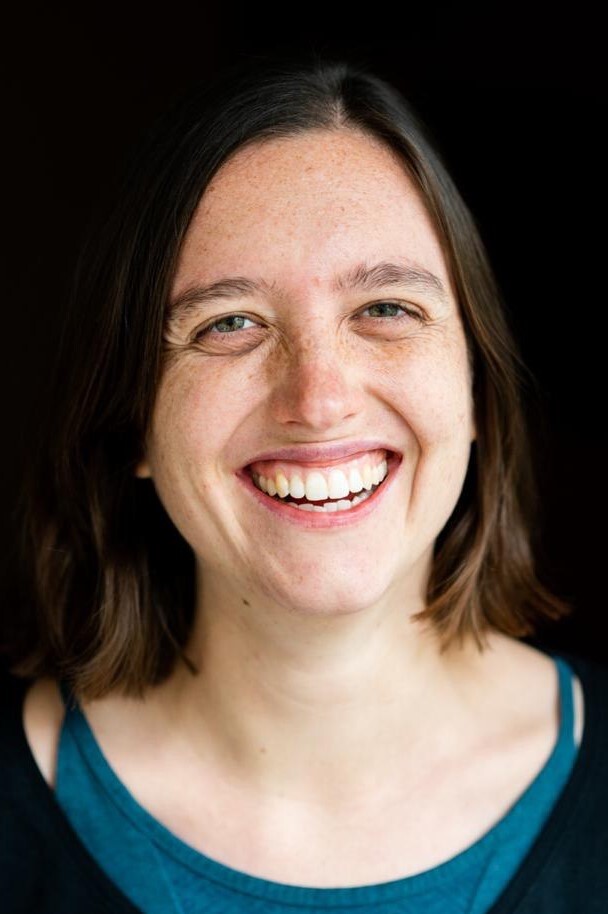
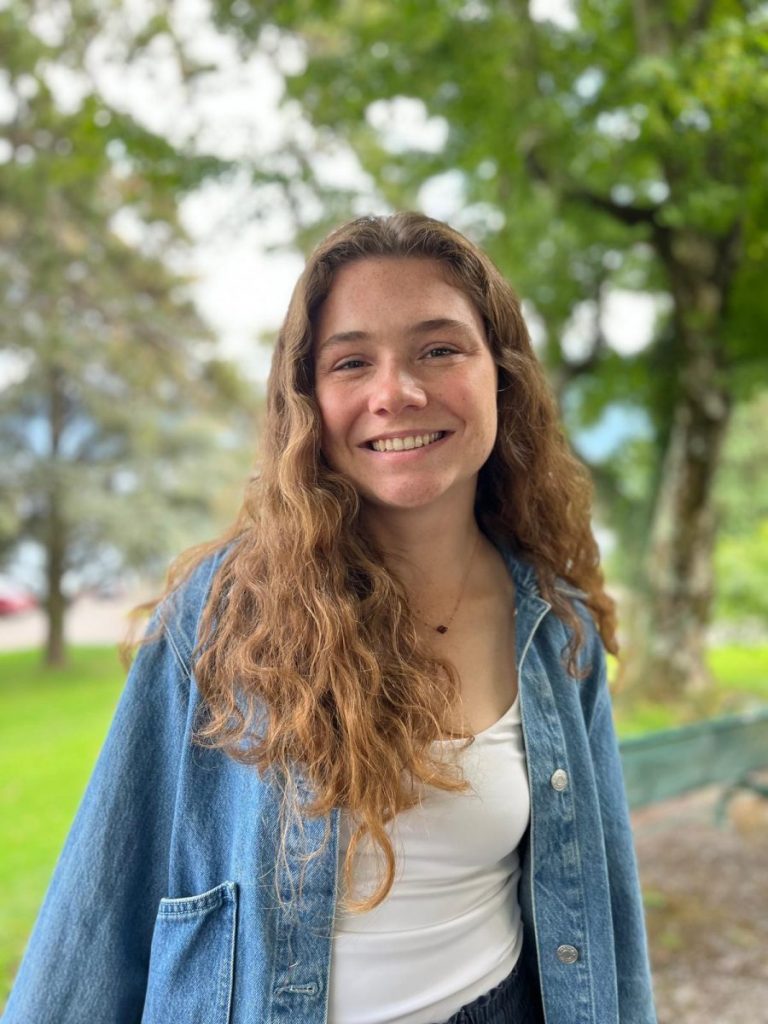
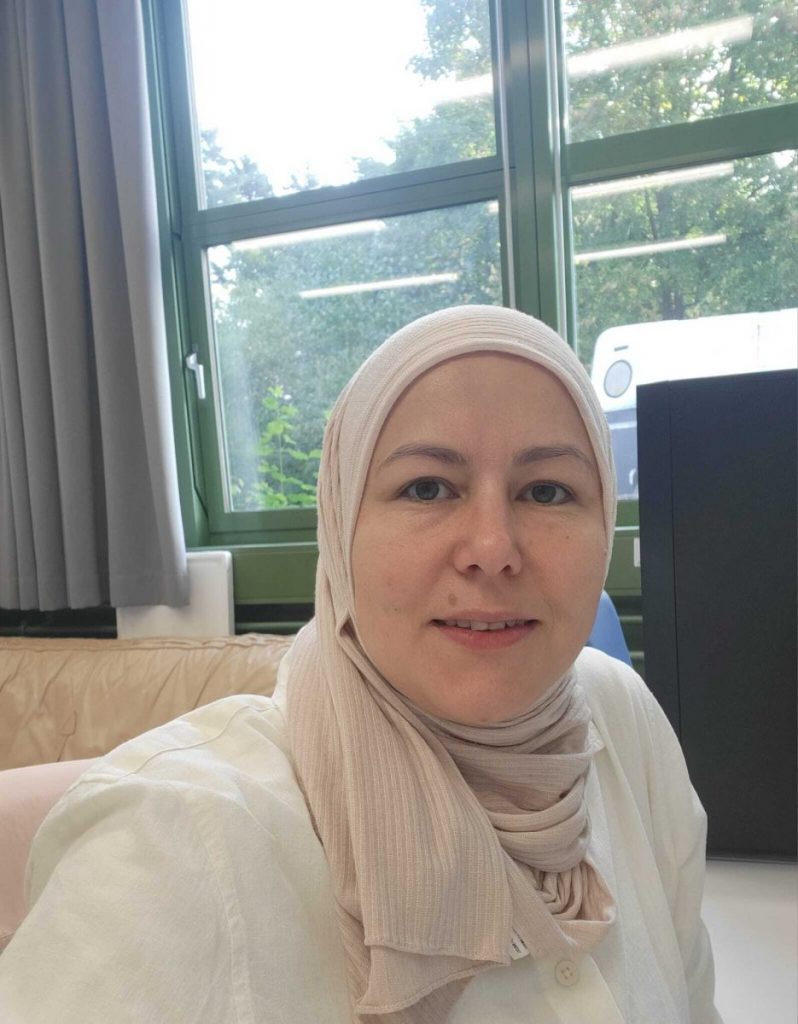
Antje van den Berg is a medical doctor with a special interest in pediatric infectious diseases, working in the department of pediatrics at CHUV university hospital. She has worked in a humanitarian project in the Central African Republic and in this context treated children suffering severe acute malnutrition. At the Vonaesch lab, she is now investigating the interaction between child malnutrition and the gut microbiome. In her spare time, she likes hiking, swimming, reading, travelling, dancing Salsa and spending time with her family and friends.Outside the lab, she enjoys playing volleyball, getting some mountain air, playing music, and doing creative activities.
After obtaining her Bachelor’s degree in Biomedical Sciences at the University of Geneva, Elsa came to the canton of Vaud to pursue her Master’s degree in Molecular Life Sciences. Being interested in microbiology, nutrition, and neuroscience, studying the gut-brain axis is a good compromise that brings all these subjects together. During her 1st step, she studied the link between microbiota and neuropathies by culturing nociceptors in Virginie Mansuy-Aubert’s laboratory. For her Master’s thesis, she plans to focus on the link between the evolution of microbiota strains during early-life malnutrition and behaviour in a rodent model, under the supervision of Naïka Prince.
Jana is a pharmacist who worked as a community pharmacist. Upon arriving in Switzerland, she sought to transition into fundamental research to gain a deeper understanding of how genetic backgrounds influence responses to different treatments. In our lab, she will explore how early-life malnutrition shapes the gut microbial communities. Outside the lab, she enjoys spending time with her family, cooking, and hiking.
Former Group members
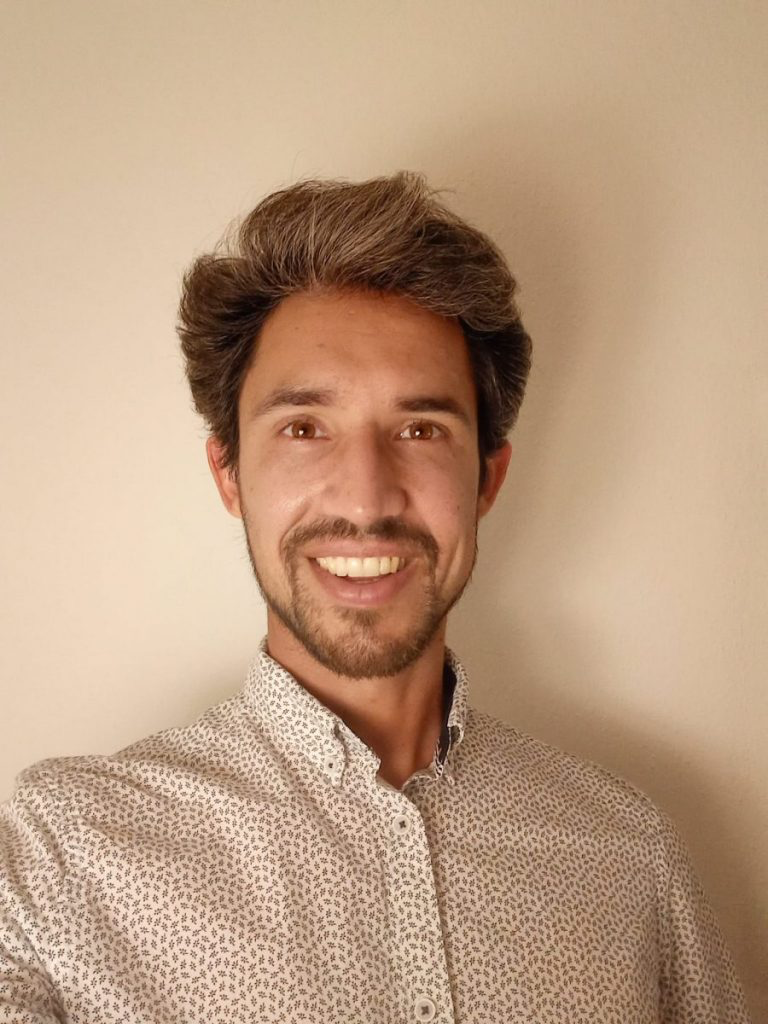
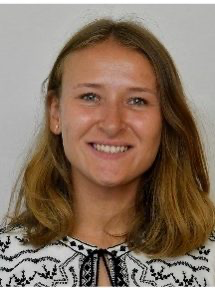
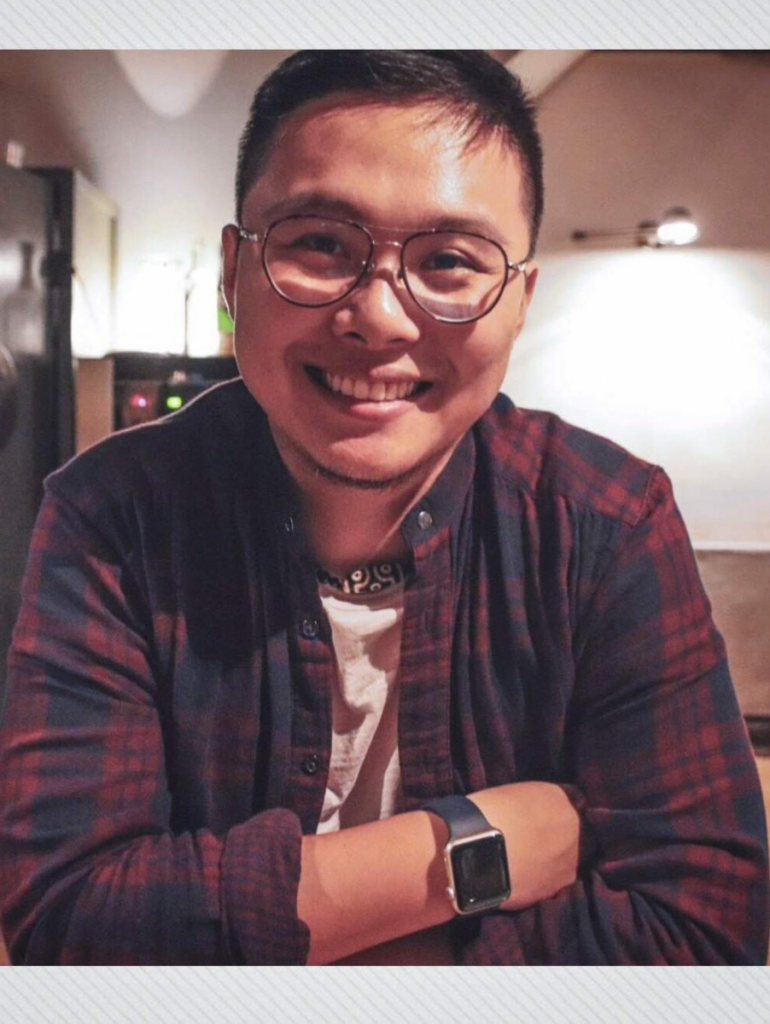
(Master student 2021)
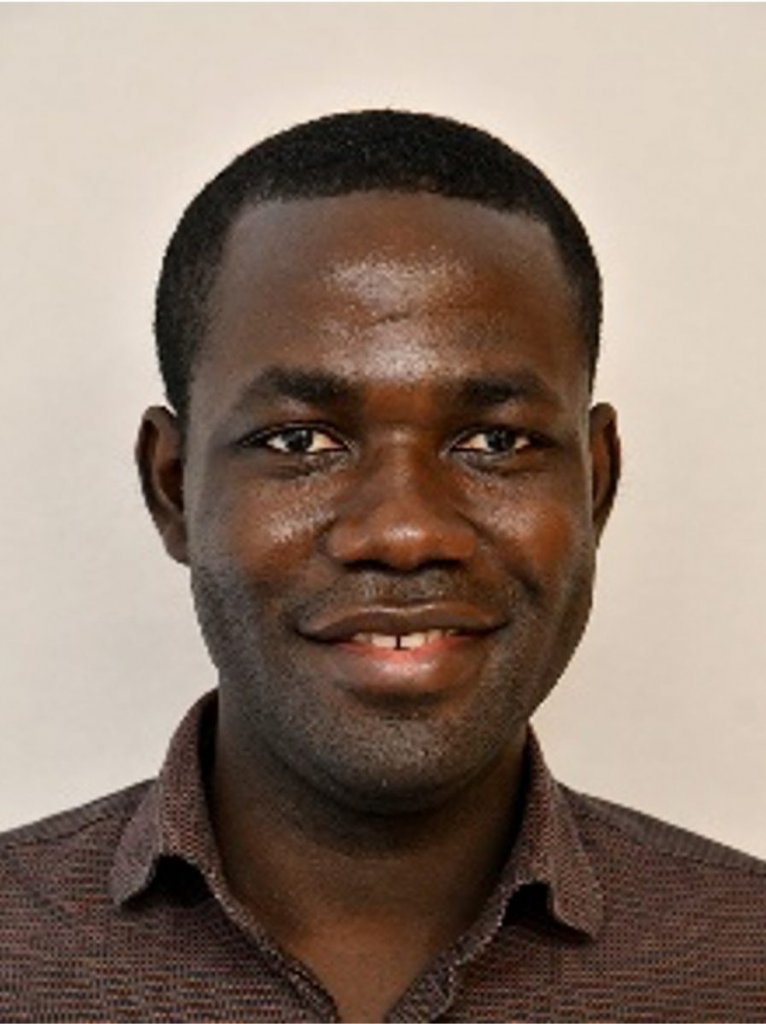
(Post-doc 2020-2021)
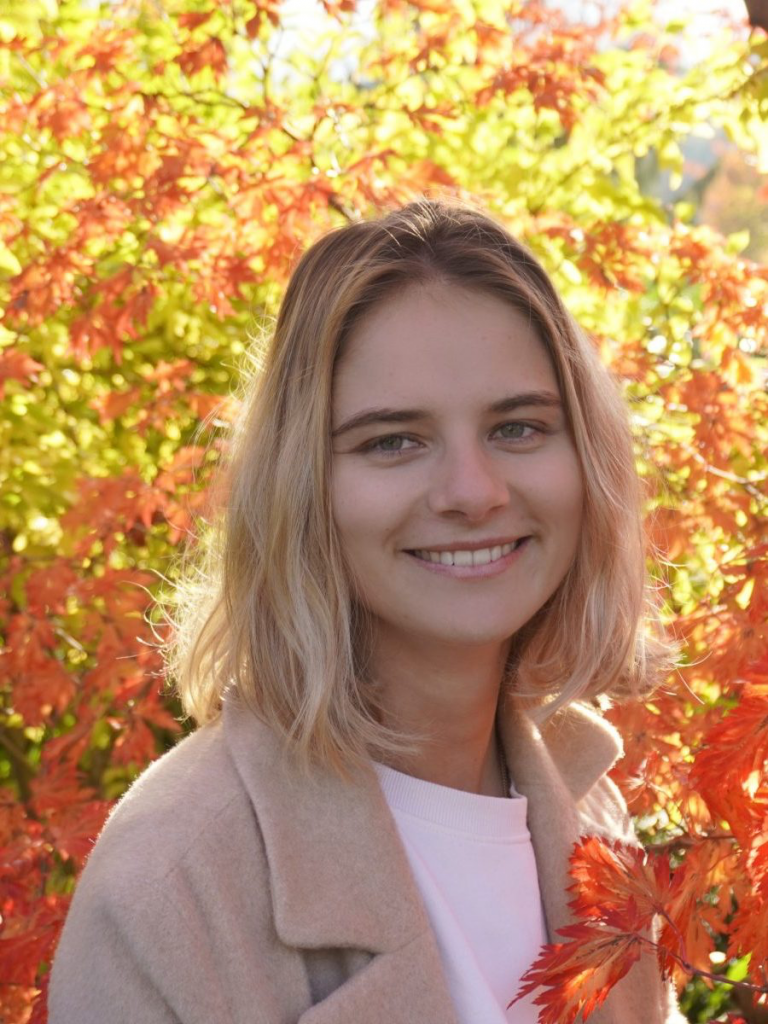
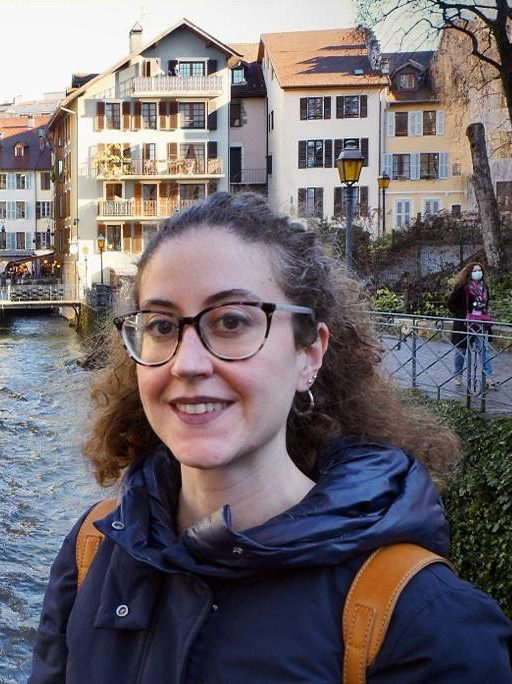
(Post-doc 2022-2024)
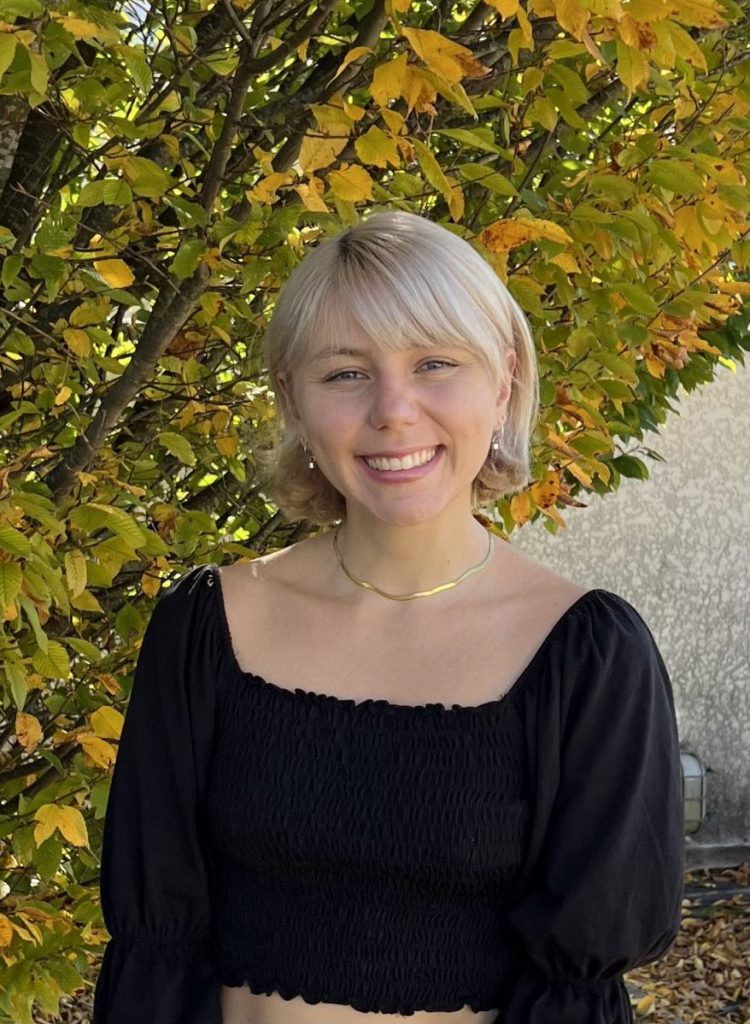
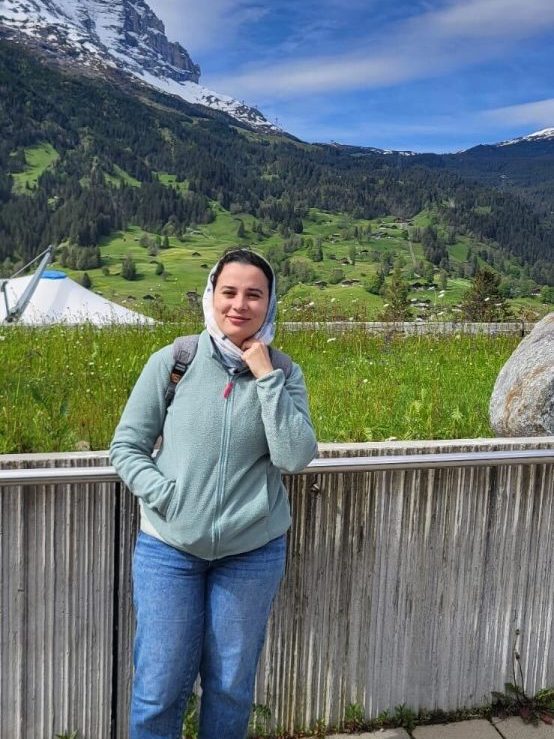
(Research Fellow 2023-2024)
